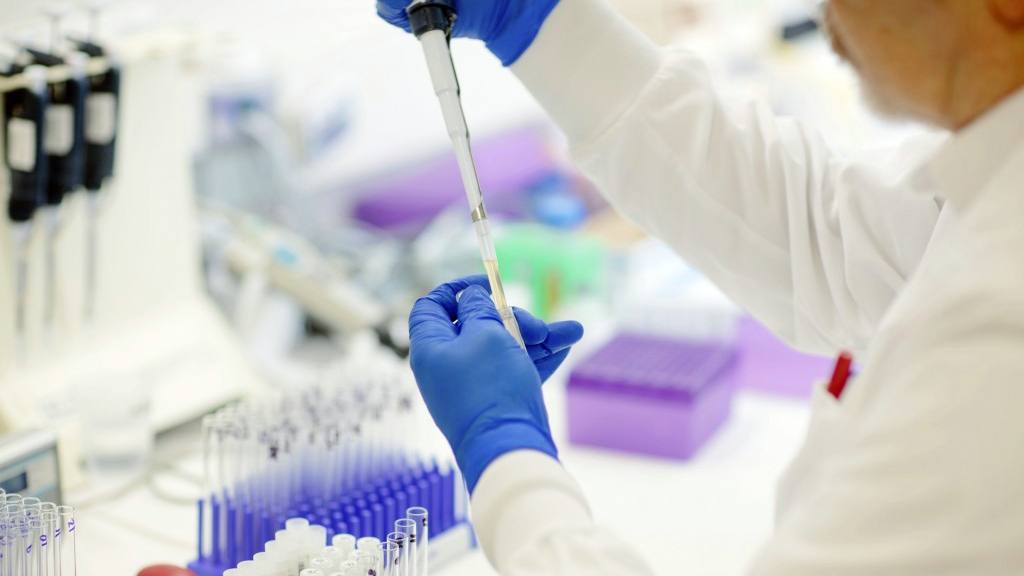-
Featured News
Science Saturday: Offering underserved groups access to cutting-edge research

Groups such as racial minorities, older individuals, and those with low income are less likely than others to participate in clinical trials, according to government agencies. For example, the U.S. Food and Drug Administration reports that racial and ethnic minority groups represent only 19 percent of drug trial participants in the U.S., yet these groups make up approximately 36 percent of the population, according to the 2010 U.S. Census. This lack of diversity also means that research findings may not apply to the general population.
Mayo Clinic has many efforts underway to address this gap. The Mayo Clinic Office of Health Disparities Research works to increase participation of underserved minorities in clinical trials, in collaboration with organizations that serve these groups.
One such effort is Mayo Clinic’s 13-year collaboration with the Volunteers in Medicine clinic in Jacksonville, Florida. Part of a national organization, the Jacksonville clinic serves working, low-income, uninsured patients and is staffed by two employees and 230 volunteer medical professionals. Approximately half of the clinic’s patients are African-American and 10 percent are Hispanic.
“Mayo Clinic is trying to reach out to the underserved populations in the communities that we serve, to make sure that they have access to cutting-edge research that would benefit them,” says oncologist and researcher Gerardo Colón-Otero, M.D., who leads Mayo’s research collaboration with Volunteers in Medicine and is office chair of the Office of Health Disparities Research at Mayo’s Florida campus.
Read the rest of the article on Advancing the Science.
___________________________________________
Other Mayo Clinic medical research websites:
- Research at Mayo Clinic
- Discovery’s Edge
- Advancing the Science
- Forefront
- Mayo Clinic Center for Individualized Medicine
- Mayo Clinic Center for Innovation
- Center for Regenerative Medicine
- Center for the Science of Health Care Delivery







